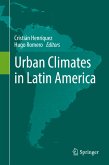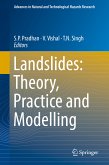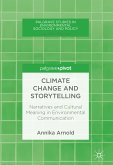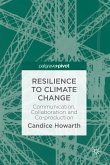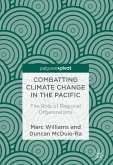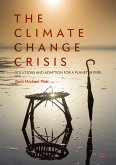This edited collection of works by leading climate scientists and philosophers introduces readers to issues in the foundations, evaluation, confirmation, and application of climate models. It engages with important topics directly affecting public policy, including the role of doubt, the use of satellite data, and the robustness of models.
Climate Modelling provides an early and significant contribution to the burgeoning Philosophy of Climate Science field that will help to shape our understanding of these topics in both philosophy and the wider scientific context. It offers insight into the reasons we should believe what climate models say about the world but addresses the issues that inform how reliable and well-confirmed these models are.
This book will be of interest to students of climate science, philosophy of science, and of particular relevance to policy makers who depend on the models that forecast future states of the climate and ocean in orderto make public policy decisions.
Climate Modelling provides an early and significant contribution to the burgeoning Philosophy of Climate Science field that will help to shape our understanding of these topics in both philosophy and the wider scientific context. It offers insight into the reasons we should believe what climate models say about the world but addresses the issues that inform how reliable and well-confirmed these models are.
This book will be of interest to students of climate science, philosophy of science, and of particular relevance to policy makers who depend on the models that forecast future states of the climate and ocean in orderto make public policy decisions.
Dieser Download kann aus rechtlichen Gründen nur mit Rechnungsadresse in A, B, BG, CY, CZ, D, DK, EW, E, FIN, F, GR, HR, H, IRL, I, LT, L, LR, M, NL, PL, P, R, S, SLO, SK ausgeliefert werden.



